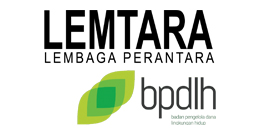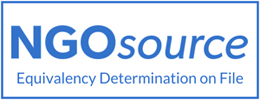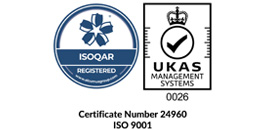Funded by
Quantedge Advancement Initiative Ltd (QAI)
Document
–
Budget
–
Period
October 01, 2024 – September 30, 2026
Description
Lembata Island, with an area of 1,259.76 km² and a population of 141,391 people, is surrounded by a sea area of 3,393,995 km² (72.83%) and has a coastline of 493 km. This island has long been known as a Main Biodiversity Area (KBA) and is a habitat for dugongs, turtles, whales, manta rays, dolphins, and various coral species. However, Lembata Island is currently facing serious threats to its ecosystem.
Data shows damage to the coastal ecosystem on Lembata Island. Mangrove cover has decreased drastically by 40%, leaving only 1.2% of the island’s area. Coral reefs have also been severely damaged, with only 20% remaining. In Kolontobo Village, Ile Ape District, coral cover at a depth of 3 meters is only 7.67%, while at a depth of 9 meters it is only 4.34%. This damage is caused by several factors, including unsustainable use of coastal resources by humans. In addition, the impacts of climate change exacerbate ecosystem damage with increasing atmospheric and sea temperatures, as well as more frequent extreme weather events, which worsen the degradation of coastal and marine ecosystems on Lembata Island.
These threats to biodiversity and ecosystem damage also impact the livelihoods of local residents. In 2023, there were 37,940 poor people or around 26.47% of the total population. This number is expected to increase significantly as coastal ecosystem degradation continues, directly affecting the livelihoods of around 63,595 people (65.12%) in 77 coastal villages (65.25%) in Lembata Regency. The limited capacity of local governments and coastal communities to make decisions regarding the impacts of climate change, as well as top-down policies with minimal community participation, also weaken local mitigation and adaptation efforts to climate hazards.
The Lembata Island community has a traditional ecological knowledge system known as “Muro,” which manages coastal and marine resources through customary social practices. Muro aims to achieve community food security by regulating resource use through a scheduled open-close mechanism. Ecologically, Muro plays an important role in conserving marine life and supporting ecosystems, including coral reefs, seagrass beds, and mangrove forests. The system controls access to fisheries resources and serves as a governance framework that regulates institutions, social roles, prohibition rules, and customary law enforcement mechanisms. In addition, Muro bridges traditional and modern governance approaches through formal and informal interactions, and provides local solutions for climate change adaptation and mitigation through community-based customary governance.
In response to this situation, Penabulu will initiate a project to promote the revitalization of Muro as a sustainable solution in managing the Lembata marine area. The project aims to formalize Muro as a locally-based solution, strengthen community participation, and advocate for the development of Locally Managed Marine Areas. The initiative will also empower fishermen, both men and women. This is done to restore ecological balance while addressing the social and economic challenges of climate change.
Funding
This program is supported by Quantedge Advancement Initiative Ltd (QAI), the program period is October 01, 2024 – September 30, 2026.




